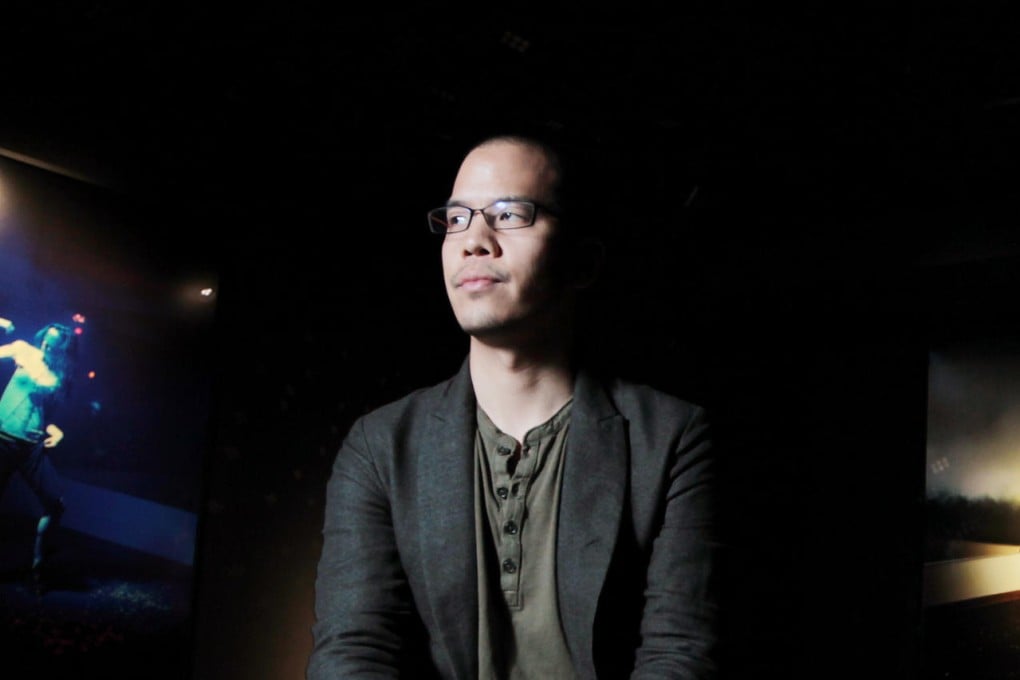There's a cultural buzz in Hong Kong that can match New York, says gallery owner
There's a creative buzz in the city, says gallery owner, and Occupy Central shows there is an audience out there that's hungry for change

Hong Kong is on the verge of a new creative period for the arts, with a focus on cultural significance rather than market value.
So says patron of the arts Stephen Cheng Sing-yin, son of former Central Policy Unit head Edgar Cheng Wai-kin and Doreen Pao Pui-wai, youngest daughter of the late shipping magnate Pao Yue-kong. He believes the time is right for the city to take the next step to becoming a true cultural hub.
"In the financial world, Hong Kong is at an international level and can compete with London and New York, and there is no reason why culturally we can't compete too," said Cheng, who was born and raised in New York but has called Hong Kong home since 2006.
"If Hong Kong can't take the next step to be more than just a financial city or a property market, then it would kind of get stuck. I think conditions are ripe for the next level of development to happen, which is the cultural level, and I have heard a lot of people talk about it and try to do something about it, such as M+ [of the West Kowloon Cultural District]," he said.
He is also trying to do something about it. Last month, Cheng launched The Empty Gallery, a 3,000 sq ft space in Aberdeen, which features an all-black interior.
There is a faint whiff of incense, some barely audible John Coltrane jazz, and just one window - a narrow strip looking onto a distant hill. But the 13 works by Indian-American artist Amit Desai which are currently on show stand out in the dark.
"There is something deliberate in my design of The Empty Gallery by giving art a spiritual edge and context. The idea behind black and the space is not a religion thing but just to make it a contemplative space for art and to reintroduce that feeling instead of the prevailing feeling to link art to commerce and view art for its material value," Cheng explained.